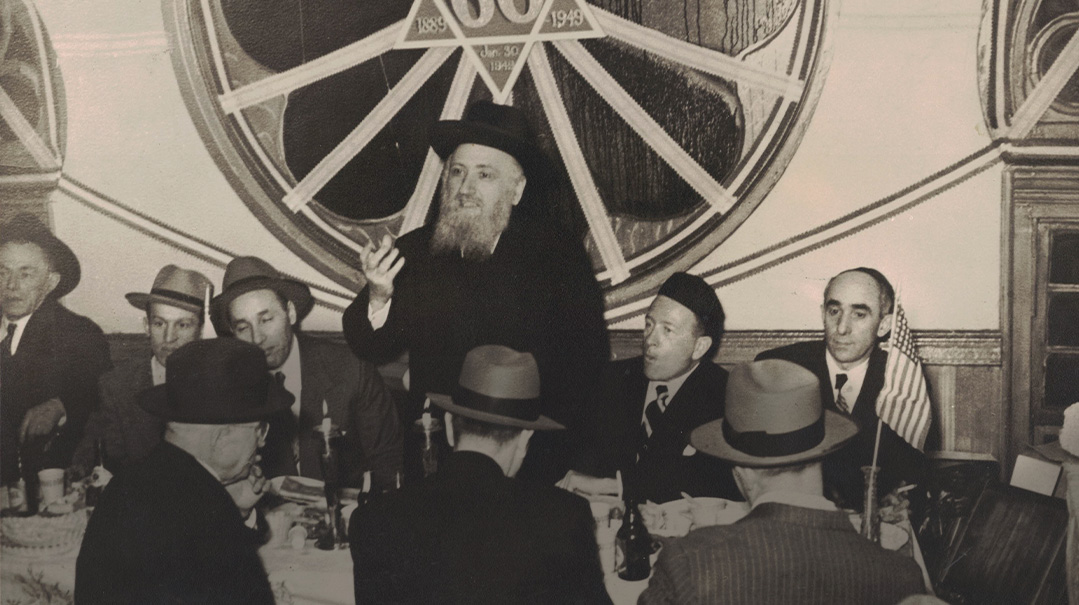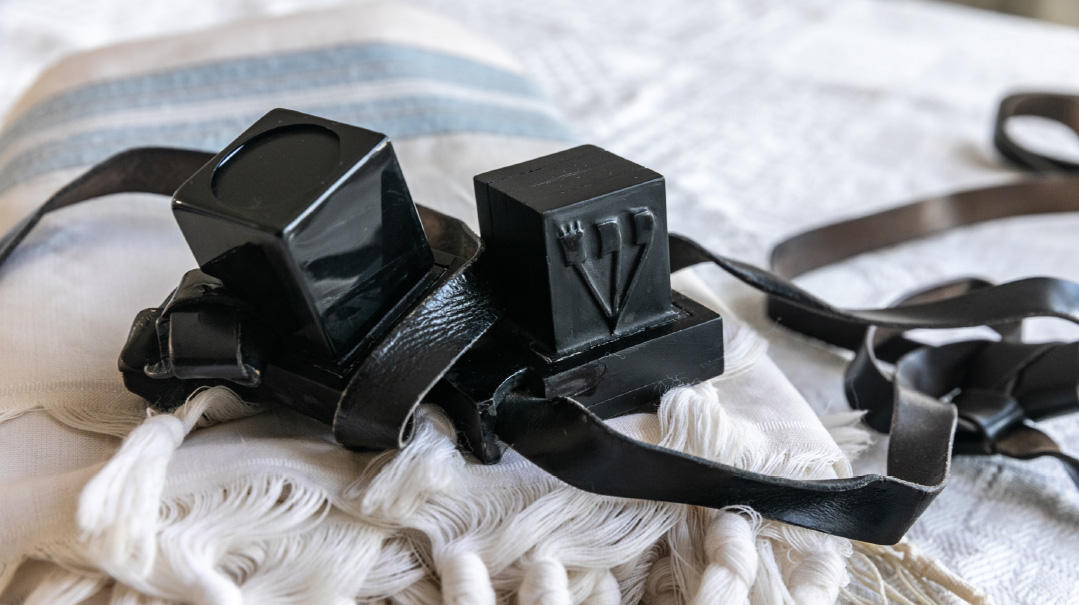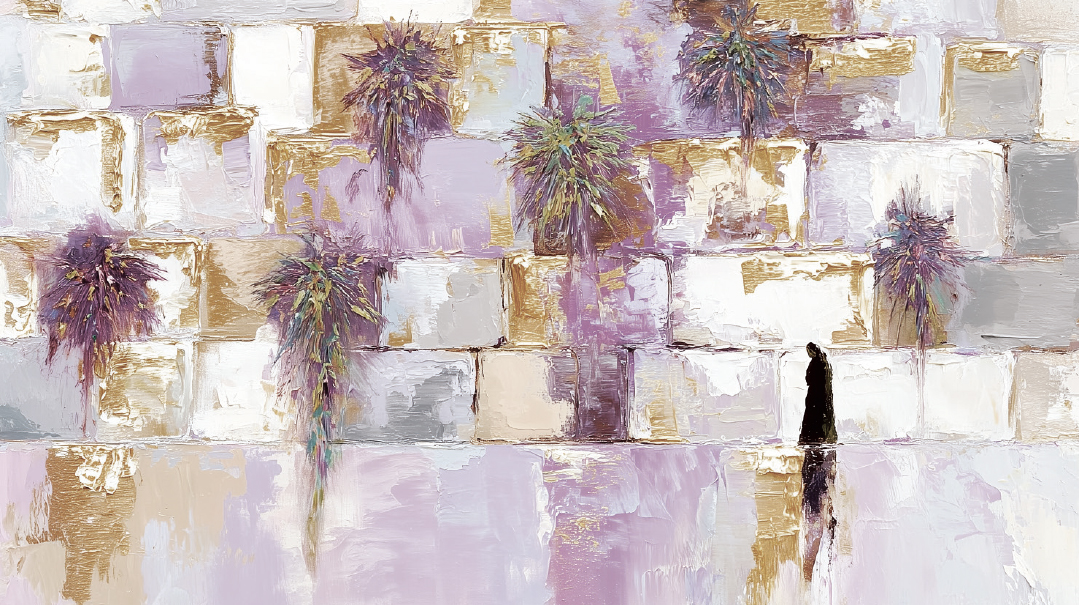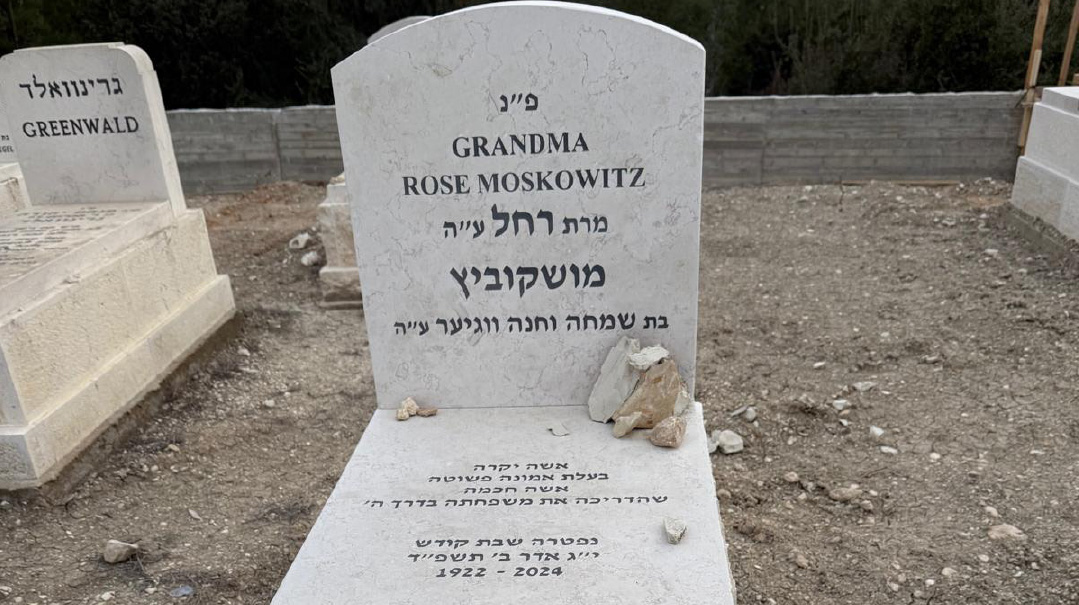Rising Above
| September 20, 2022Their differences in psak halachah did not get in the way of the genuine respect and friendship they shared for each other

IN 1916, my grandfather, Rav Menachem HaLevi Pollak, a highly regarded talmid chacham, succeeded his father-in-law Rav Pinchas HaLevi Billitzer as the rav in Szerencs, a town in northeast Hungary. Rav Pollak was an eminent halachic authority for the region, and in 1934 he authored Shu”t Chelek Levi, containing over 330 teshuvos on various facets of Jewish life.
For many years, Rav Pollak worked with the local authorities on matters pertaining to the welfare of the community. But as Nazi propaganda began to influence the local populace, things began to change. The burgermeister (mayor), who’d been cordial and helpful in the past, now greeted him with coldness and indifference. Another time a gentile teenager slapped him across the face, without any provocation.
Rav Pollak had a sense of foreboding that bad times lay ahead. In 1940, through the efforts of Reb Hershel Gluck, a concerned relative living in America, Rav Pollak and his wife Rebbetzin Yehudis immigrated to New York City, where he accepted a position as rav of the Chevra Bachurim Shul on the Lower East Side. The inflexible immigration quotas meant that Rav Pollak’s two married daughters, their husbands and children, and his two single adult sons were unable to leave Hungary. But while he must have been desperately worried about the family he left behind, Rav Pollak invested himself fully into community needs. He became involved in kashrus matters, Vaad Hatzalah work, and matters of ishus, as well as helping recent immigrants find suitable employment and generally trying to inculcate Yidden with Torah and yiras Shamayim.
One rav he found common language with was Rav Moshe Feinstein, who himself had recently arrived in America in 1937. Rav Moshe headed Mesivta Tiferes Yerushalayim and already then was considered a major posek. While Rav Moshe spoke a heavy litvishe Yiddish and Rav Pollak spoke a classic Hungarian-style Yiddish, they understood each other very well, and mutual respect and love defined their relationship.
It might not have been so simple. There were significant halachic disagreements between them. One of the major issues of the time was whether an eiruv could be constructed around Manhattan to enable people to carry outdoors on Shabbos. At the behest of the Agudas Harabonim, Rav Pollak wrote a lengthy kuntres about this wherein he paskened that an eiruv around Manhattan is permitted.
Rav Moshe disagreed. In Igros Moshe (Orach Chayim 1:139), he respectfully cited Rav Pollak in a teshuvah on the matter, while purposefully declaring his opposition to Rav Pollak’s lenient position on the Manhattan eiruv.
In an unrelated Choshen Mishpat issue, Rav Moshe and Rav Pollak had a dispute regarding the culpability of a guard who was confronted by two unarmed robbers who stole an item from him. In this instance, Rav Pollak ruled that the guard was culpable while Rav Moshe was lenient. And in this case as well, while Rav Moshe vehemently argued against Rav Pollak’s psak, he addressed Rav Pollak with endearing words at the start of the teshuvah (Igros Moshe Choshen Mishpat 1:67): “Even though my love and friendship toward you is resolute, I must nevertheless tell you the truth as it appears to me, because this alone [attaining the truth] is our mutual goal.”
Their (sometimes major) halachic differences of opinion notwithstanding, Rav Moshe and Rav Pollak collaborated on other weighty issues, such as heter agunos, and were the closest of friends. In fact, years ago, I met Rav Dovid Feinstein at a dinner function and asked him whether he knew my grandfather. Rav Dovid responded that he certainly did, and that he recalled that Rav Pollak and Rav Shmuel Greineman were eidei kiddushin at his own wedding in the spring of 1952.
Rav Moshe was mechabed my zeide, a Hungarian rav, a talmid of the Unsdorf and Pressburg yeshivos, to be an eid kiddushin at his son’s chasunah! Evidently, their differences in psak halachah did not get in the way of the genuine respect and friendship they shared for each other.
The relationship continues even today. My daughter Yehudis, a great-granddaughter of Rav Pollak, is married to Rabbi Yosef Sholom Tendler, a great-grandson of Rav Moshe. As we approach my zeide’s 70th yahrtzeit on 5 Tishrei, I hope we can draw inspiration from the friendship between Rav Moshe and my grandfather, which transcended totally different backgrounds and starkly different approaches to psak halachah.
May their memories be for a blessing.
(Originally featured in Mishpacha, Issue 929)
Oops! We could not locate your form.






